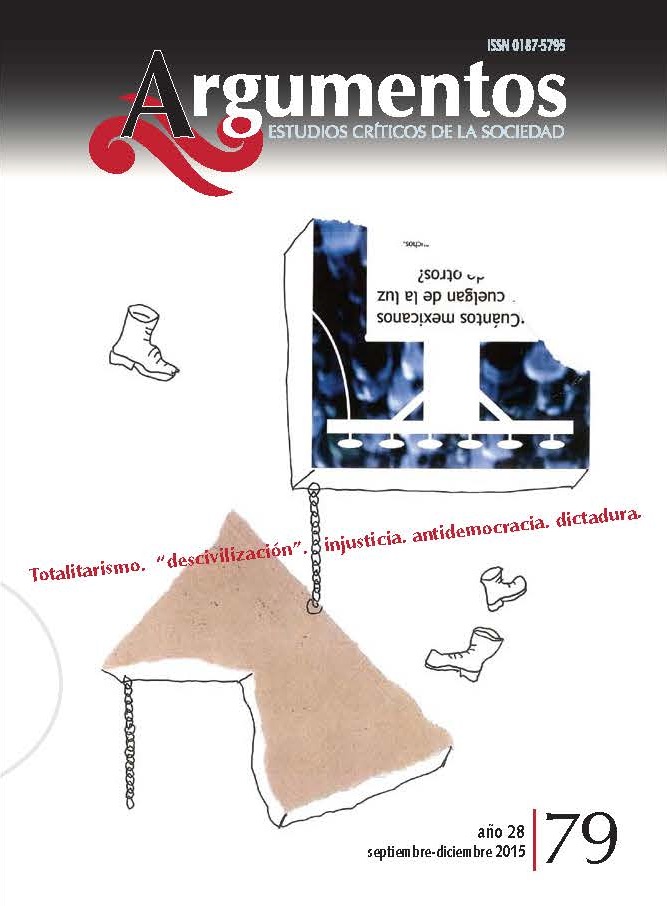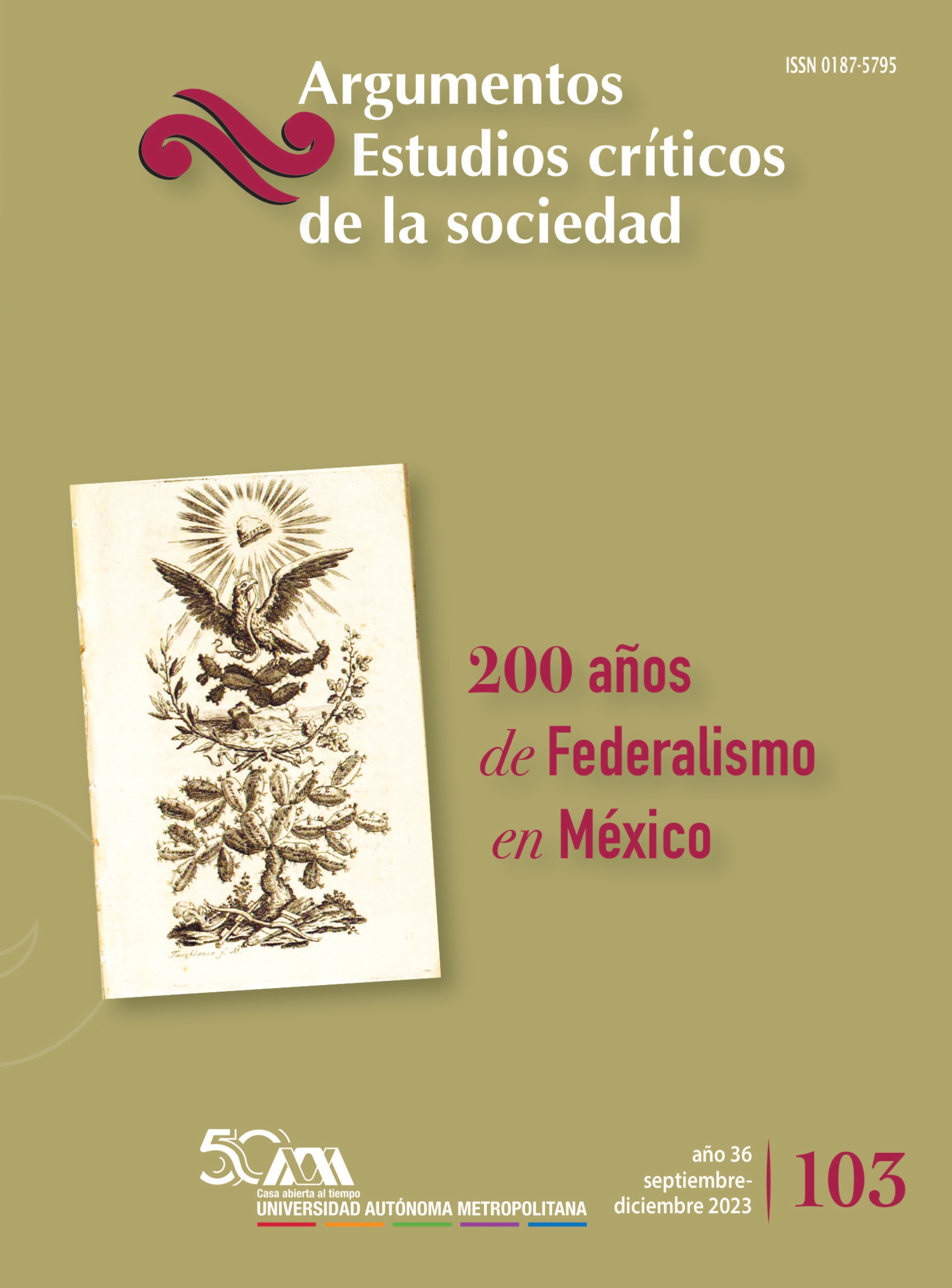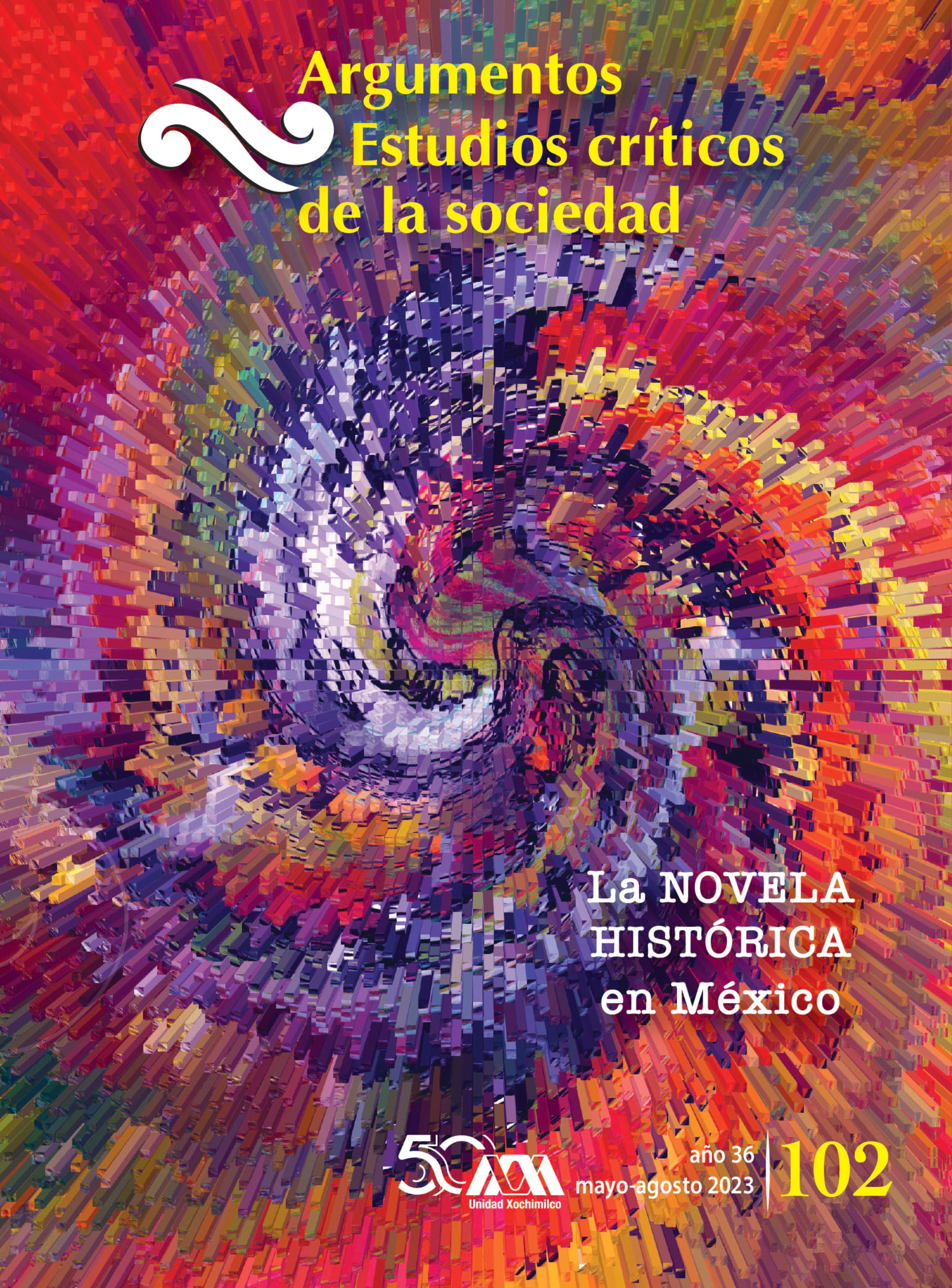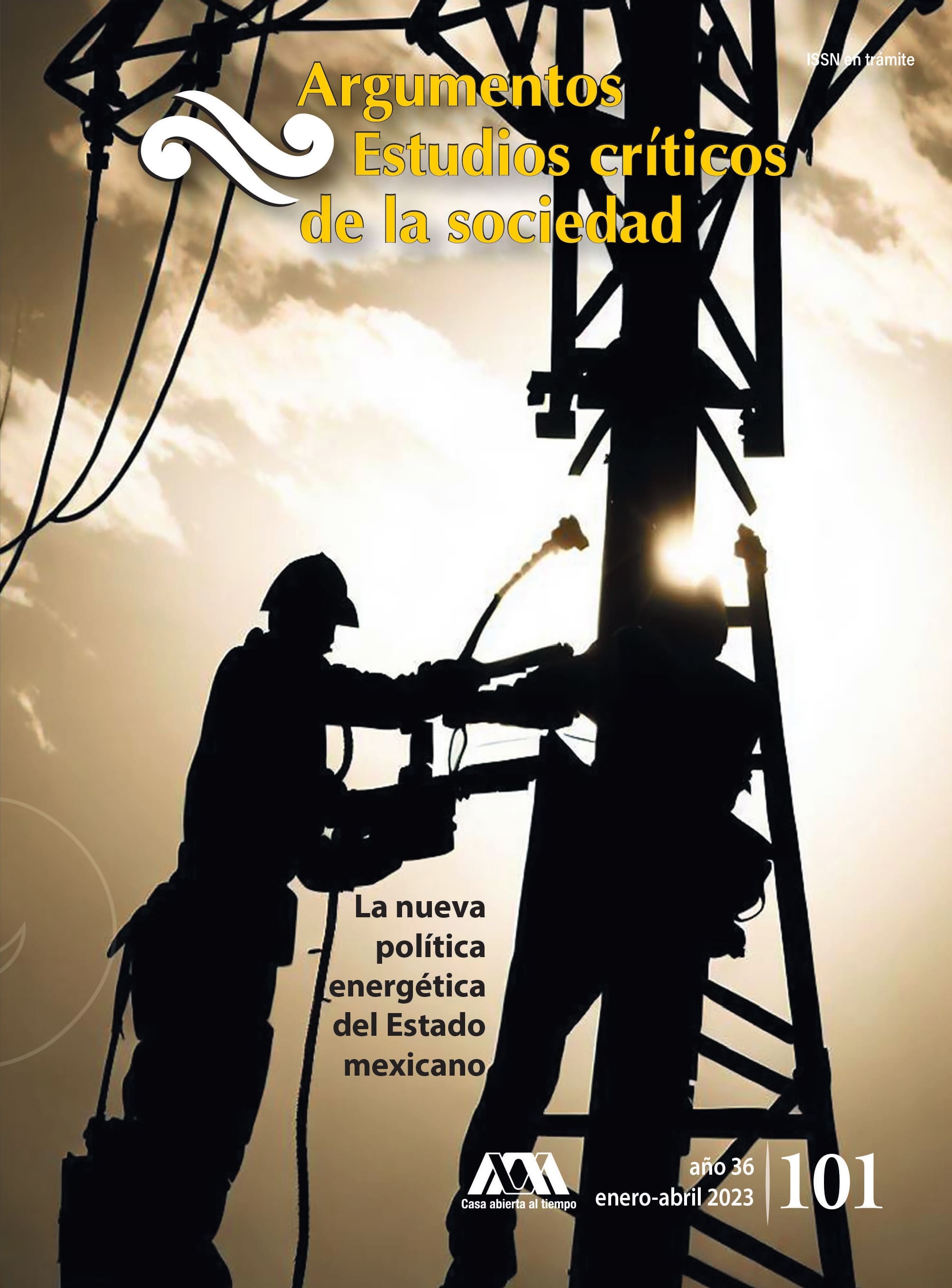Contradicciones y límites de la política agroalimentaria en México
De la seguridad alimentaria a la Cruzada contra el hambre
Keywords:
agro-alimentary policy, food security, social policy, hunger, assistentialismAbstract
The food crisis of 2008 revealed the failure of the agroalimentary model at the international level. According to several sources, poverty in Mexico associated with alimentary limitations affected more than 27 million people (Coneval, 2013). The causes are to be found in a policy that has disarticulated production from the supply of basic grains. Today, the problem of feeding the poorest population sectors is approached through assistance programs and conditioned transfers. The text guess that initiatives like Oportunidades (today Prospera) and the Cruzada contra el hambre, have failed last years reduce poverty, precisely for its assisting focus and the emphasis about alimentary guarantee access. In this context, a new tendency in the discourse and policy regarding food security is being configured: one that extrapolates the alimentary problem by reducing it simply to “hunger”, zooming in through a strictly circumscribed focus that justifies reducing transfers towards the population living in extreme conditions while legitimizing neo-productive projects. But these interventions of a technical character are by no means exempt from contradictions. Affected by decisions foreign to their socio-alimentary practices, the actors involved manifest a variety of mechanisms of resistance that run from dissuasion to organized action.








